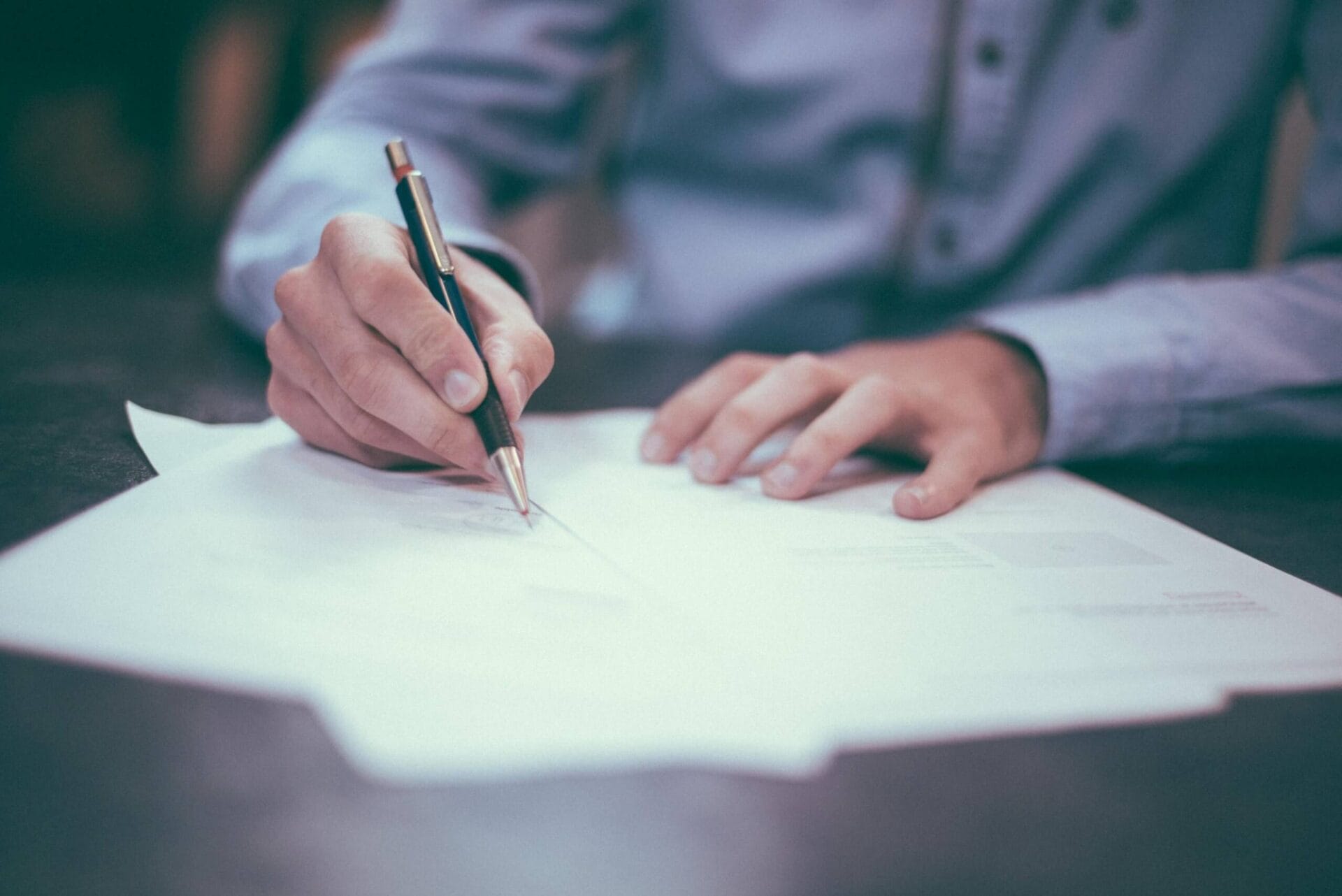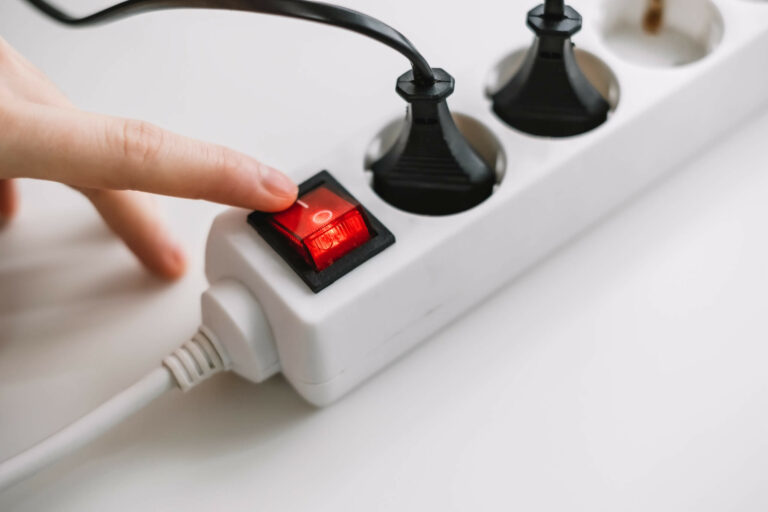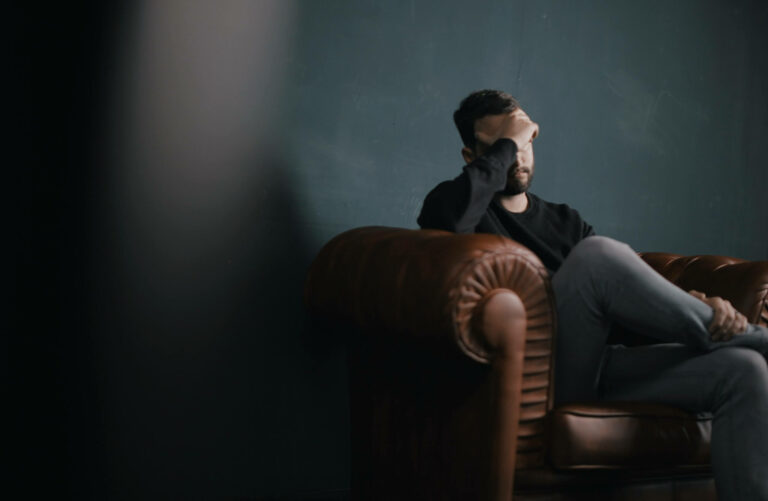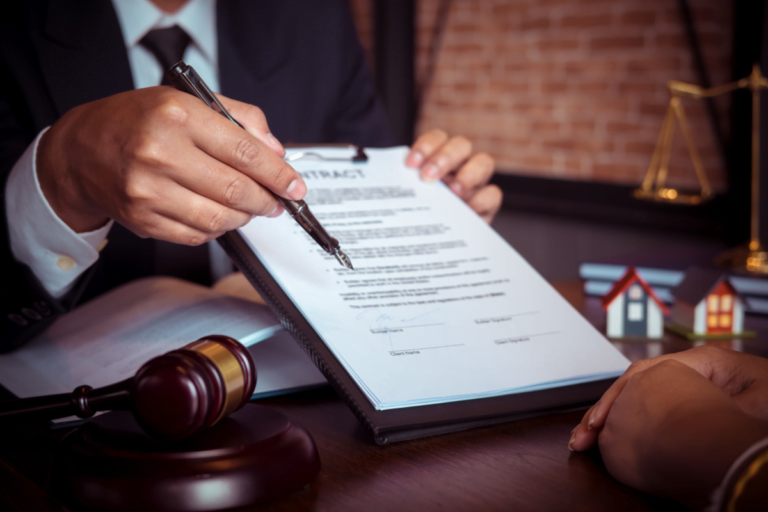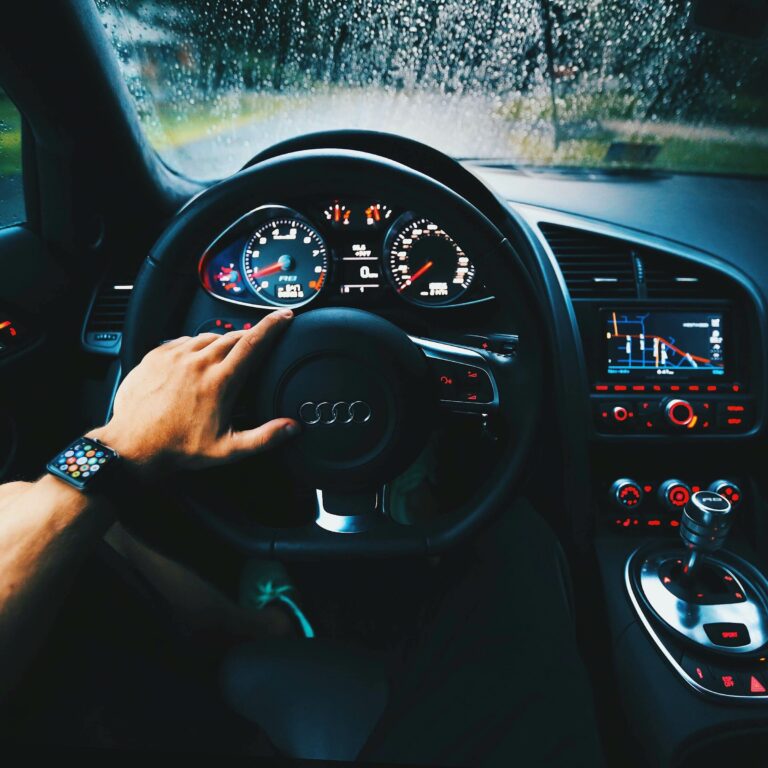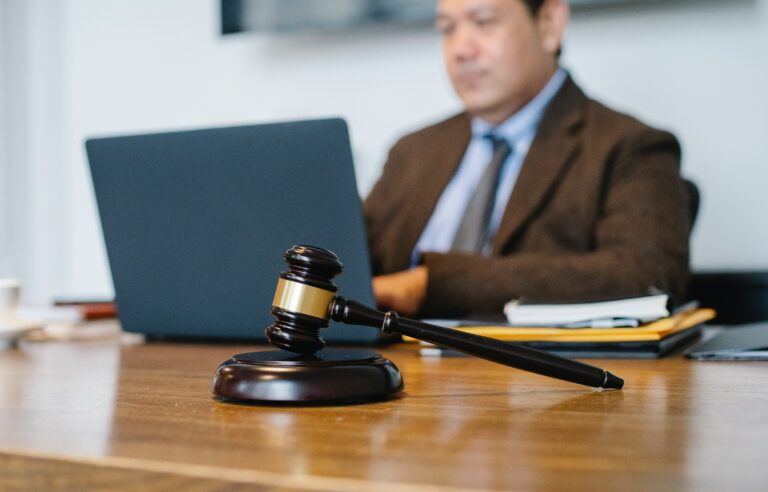You may be more responsible for gathering information following a car accident in Maryland
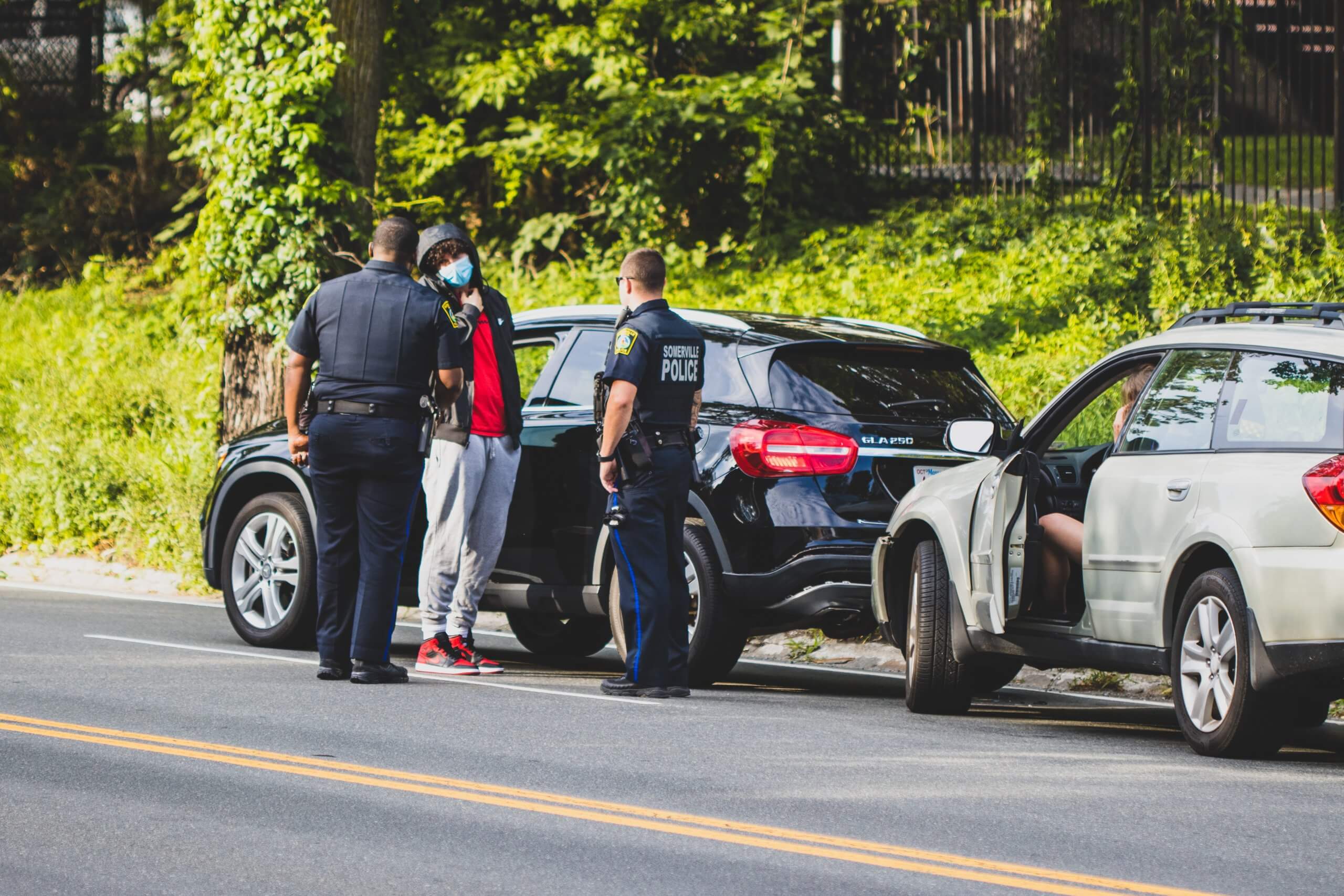
A recent news story by NBC’s Baltimore affiliate reported that the Baltimore mayor’s office and Baltimore Police Department are experimenting with a new plan to divert some non-emergency calls away from police officers. Currently, both 911 and the police are overloaded with calls that don’t necessarily involve a police response. A pilot program this summer will be rolled out in which third-party contractors will handle certain less-serious auto accidents.
Car accidents that don’t involve DUI-related offenses or major injuries tend to take up officers’ time that might be better spent patrolling, deterring crimes, and apprehending people who commit them. Police estimate that as many as 24,000 accidents per year can be handled without police officers and instead be seen to by trained non-law enforcement responders. It just makes better sense for police officers to be handling more serious threats to the community instead of filing accident reports, waiting for tow trucks, and performing all of the other duties required in minor fender benders.
However, with a department staffed mostly by civilians, it’s a good idea to remember what you can do to protect yourself after a car accident.
What you should do after a car accident in Maryland
Maryland Transportation Code § 20–103 states that drivers involved in an accident causing damage to a car being driven by another person, i.e., not parked or otherwise empty, should stop their car as close as possible to the scene of the accident without obstructing traffic any more than is necessary. If it’s safe to do so, they should pull to the shoulder or median.
In many cases, however, car accidents in Maryland do not require a police report to be filed. If the collision only causes property damage and no bodily injury occurs and the accident isn’t a result of a DUI or reckless driving, drivers are only required to move their cars off the roadway, providing it’s not dangerous to do so, and exchange some basic information:
• Name & address of drivers
• Name & address of vehicle owner (if different from the driver)
• Driver’s license number
• Auto insurance company name and policy number
• Address of the local insurance agent (if available).
Maryland also recommends that drivers keep a few copies of this form in their cars. The moments following a car accident can be confusing and overwhelming, but this form, while not an official collision report, can be used as a checklist to ensure that all the information drivers need for their insurance claim is gathered.
It’s also advisable to take photos of any car damage for the record and gather the names and contact information of any potential witnesses. In the unlikely event that the other driver says anything to you about the accident, be sure to write that down too. And make sure you don’t say anything besides providing the most basic information listed above. Other helpful information includes the date and as close to the exact time of the accident, the current weather and road conditions, and perhaps even a drawing of your and the other car(s) positions before the accident.
Remember that all of the information above and anything else you gather shouldn’t be shared with anyone else, aside from your attorney.
If you’ve been involved in a car accident, contact the Law Offices of Nicholas Parr in Baltimore, MD today to schedule your free consultation. We’re here to protect your rights, and we don’t receive a fee unless we win.

